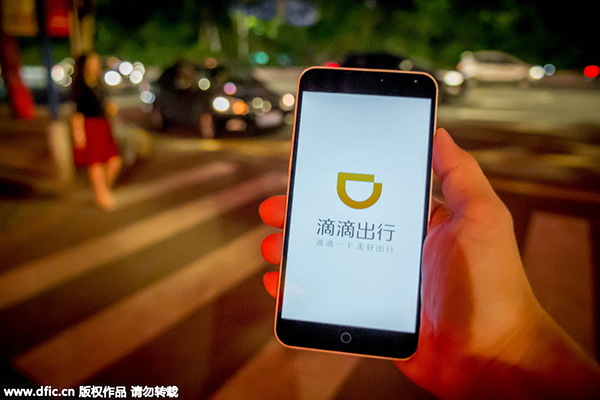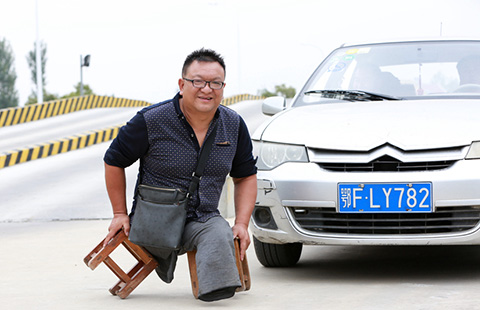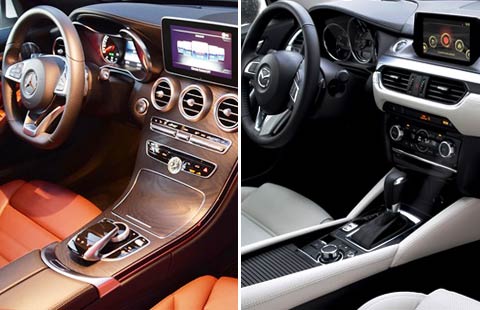Draft rule takes aim at online car-booking services
By MA SI/LU HAOTING (China Daily) Updated: 2015-10-12 06:49
 |
|
Didi Chuxing, a car-booking mobile app owned by Didi Kuaidi, is shown on a mobile phone, Sept 17, 2015. [Photo/IC] |
A draft regulation has been drawn up to ban the use of private cars in online car-booking services, striking a potential blow to market leader Didi Kuaidi and United States-based Uber Technologies Inc.
Under the draft rule, published by the Ministry of Transport on Saturday, drivers of unlicensed vehicles are barred from offering rides for payment through car-hailing platforms.
"All cars for such services need to be registered as taxis," according to the draft, which was published on the ministry's website and is open for public feedback.
Zhang Xu, an analyst at Internet consultancy Analysys International in Beijing, said the proposed rule is not good news for online car-hailing service providers.
"Most vehicles on Didi Kuaidi and Uber are privately owned. Under the new rule, if they want to legally offer rides for payment, they must apply for a license, turning their private cars into vehicles for commercial use, whose service life is far shorter.
"This will discourage owners of private cars from offering rides, add to operating costs and leave car-hailing platforms short of drivers," Zhang said.
He added that the draft guideline also requires drivers to have at least three years' driving experience and to pass qualification tests, which are expected to further reduce the pool of eligible drivers.
Wang Limei, secretary-general of the China Road Transportation Association, told the financial news website china.caixin.com that the high threshold for private cars to enter the market is designed to increase passenger safety.
According to the draft regulation, operators must obtain licenses from the authorities and have China-based servers.
To ensure fair competition, the transportation ministry has also proposed a price-war ban.
Both Didi Kuaidi and Uber said they are closely following the draft and will continue to communicate with the authorities on it.
Liu Chang, a 25-year-old engineer in Beijing who regularly uses online car-hailing services, said, "The draft guideline is unreasonable.
"It is regulating a new business model in the same way it regulates the taxi sector. If it is passed, I will be unable to enjoy a good service at low cost."
- State Council document boosts progress of charging network
- Lessons that transform the economy
- Chinese brands show creativity and innovation
- Private sector's support for climate change reaches new level
- Liu stays on at Didi Kuaidi despite battling breast cancer
- China stands by to join IMF's SDR
- New strategies needed to boost global economic development
- Internet courses go through learning curve

















